An essay by: Jonathan Neil Alexander
The Sloppy Jones cineverse is vibrant, dark, unruly, and ironic. Most importantly it is also dripping in camp.
Professor Carl Schottmiller of LGBTQ + studies at UCLA describes ‘camp’ as, “embracing irony, celebrating theatricality, valuing bad taste, and seeing the world in quotation marks.” Applying a camp sensibility to the inadvertently, yet intrinsically campy genres of thriller and horror serves multiple purposes. The ideologies of queer camp and pseudo horror-thriller compliment eachother immensely. They exemplify stories of the unknown, the scary, and the other. And what’s more queer than all of those ideas combined baby? Our expectation is to explore this from a contemporarily queer perspective, and provide a fresh voice to its ether.
“bury your gays”
The ‘bury your gays’ trope has existed since the 19th century and the later introduced ‘Hays Code’ embedded this idea and there quirement of the mass erasure and ‘queer coding’ of characters. Our queerness is something we are claiming openly, not as a coded vampire, or flamboyant villains, but as protagonists, with hopes, nuanced flaws and goals. It’s our goal to find absurdist joy, upside humour and prudent social commentary for our representation starved, very queer generation. Our proposition is that queer bodies are not only able able to exist but hold value and weight in a story, outside of their traditionally stereotypical sitcom existences. Our purpose is to occupy an already self aware genre, reframe the narrative of boring queer tropes, and redefine what it means to be queer in a very un-queer world.
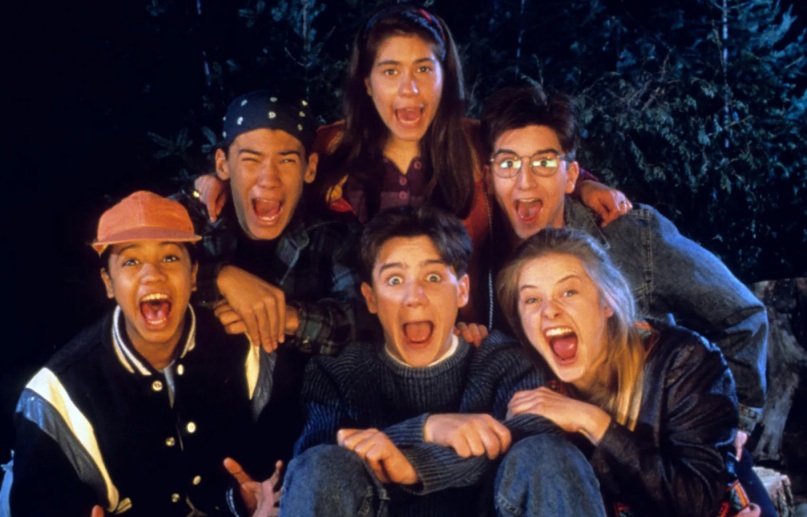
I’m going to avoid speaking for a generation, so instead I’ll speak from personal experience, and that of my immediate friend group. We fuck with nostalgia, heavy. Looking back on family channel sitcoms, summer teen thrillers, jelly kitten heels, Brittany Spears… you get the gist. Queer representation did not exist in that time the way it does now, nor in the way it will in 40 years. Colouring those mainstream pop candy forms of culture and integrating queerness into the space works really well. It’s almost like they were meant to be lived through that lens. There’s a partnership between taking what was and inserting was is.
It’s also about amplifying the way queer experience can be absorbed and integrated into entertainment.
It’s about expanding the deadass boring way queerness has been shaped by cis-heterosexual creators based on the idea of how they think gayness looks and feels.
I think the word that best describes our hopes for the project is Anemoia. It defines a feeling of nostalgia for a place you’ve never been, or a moment you haven’t experienced. The beauty is, that this is recently crafted word, not yet in the dictionary, born out of necessity to describe experience. That’s the DNA of Queerness and it’s the DNA of our series. Taking it into our own hands, and defining it for ourselves.
Follow Jonathan on Instagram @jonathanneilalexander

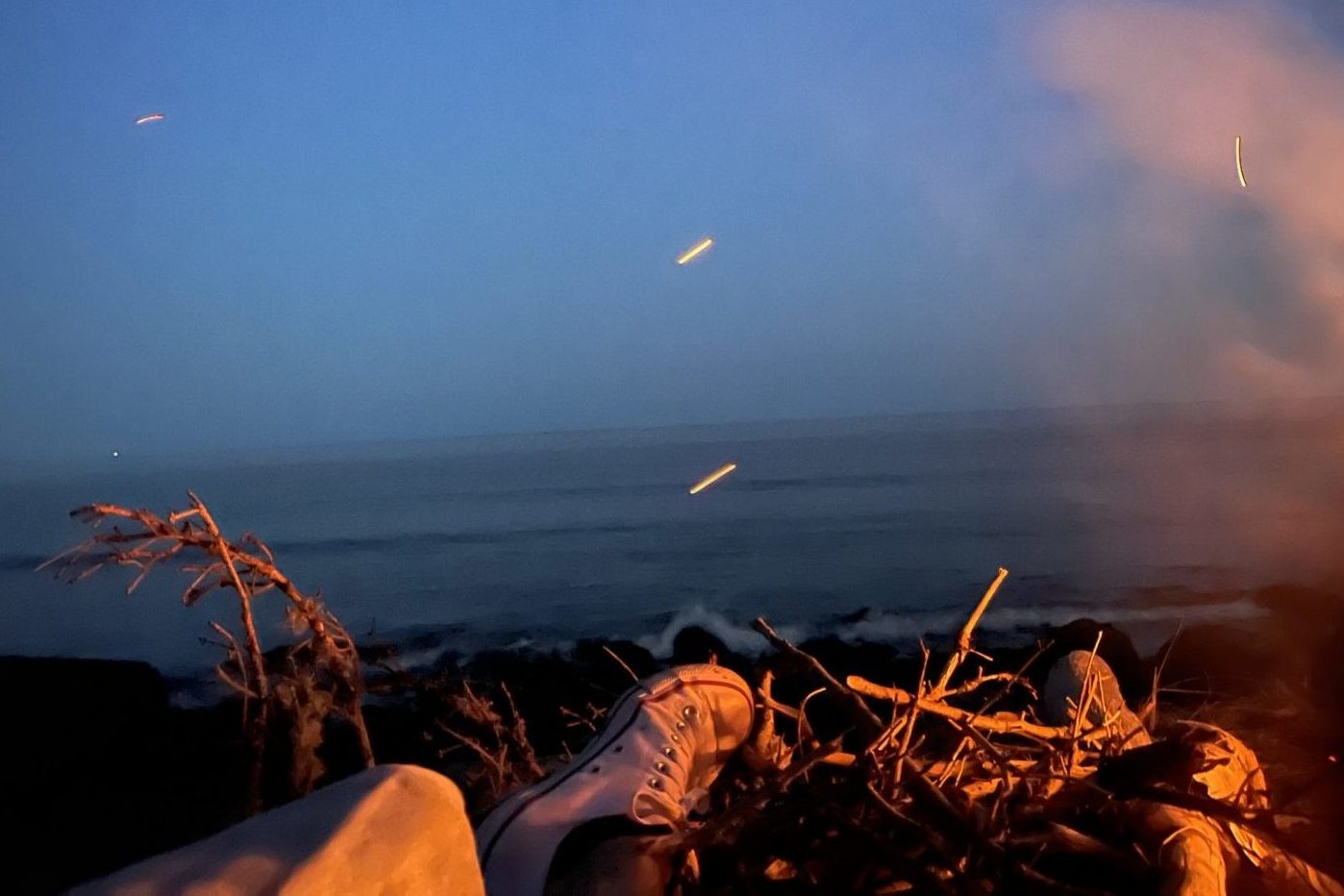
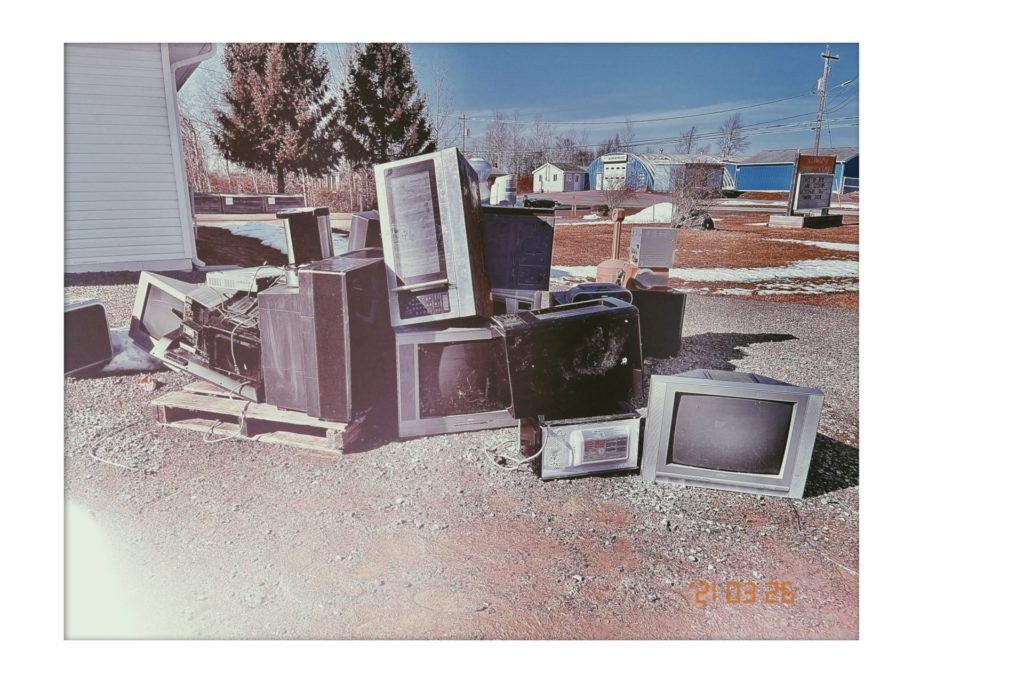
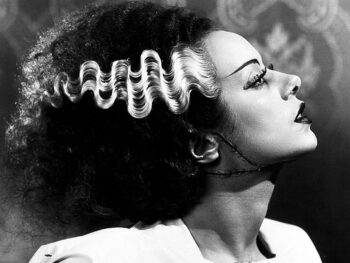
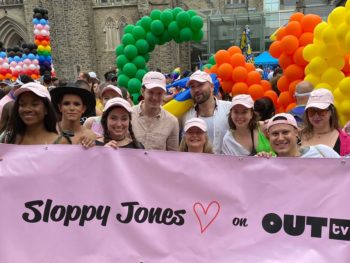
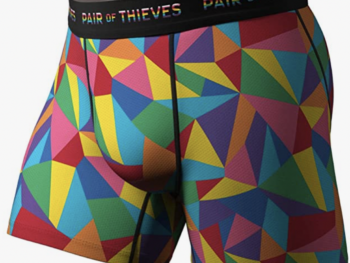

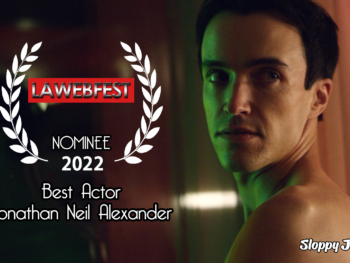
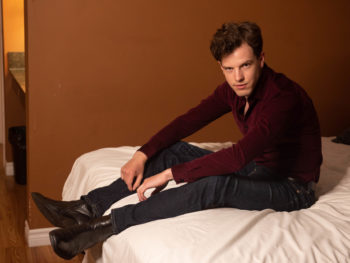
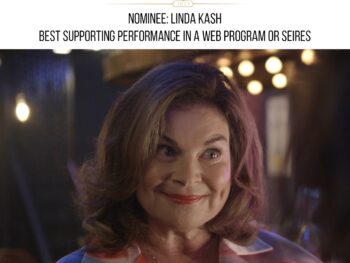

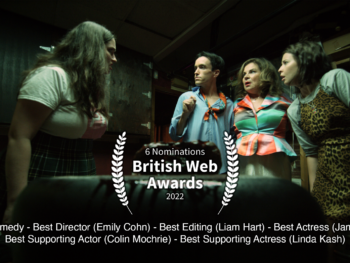
 Sloppy Jones Team: Lonely Wolf Review and Nomination
Sloppy Jones Team: Lonely Wolf Review and Nomination

Leave a Reply